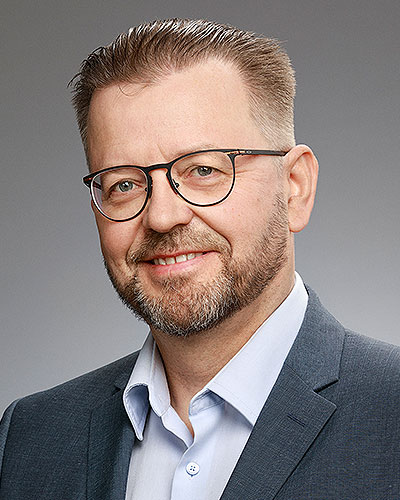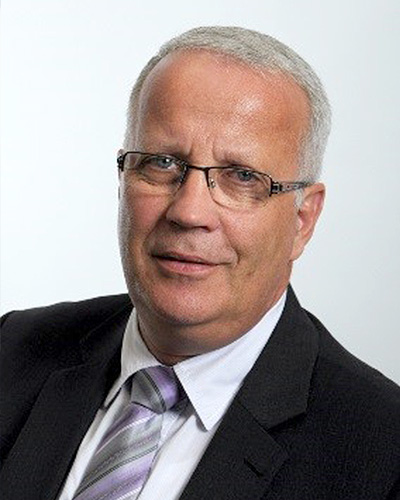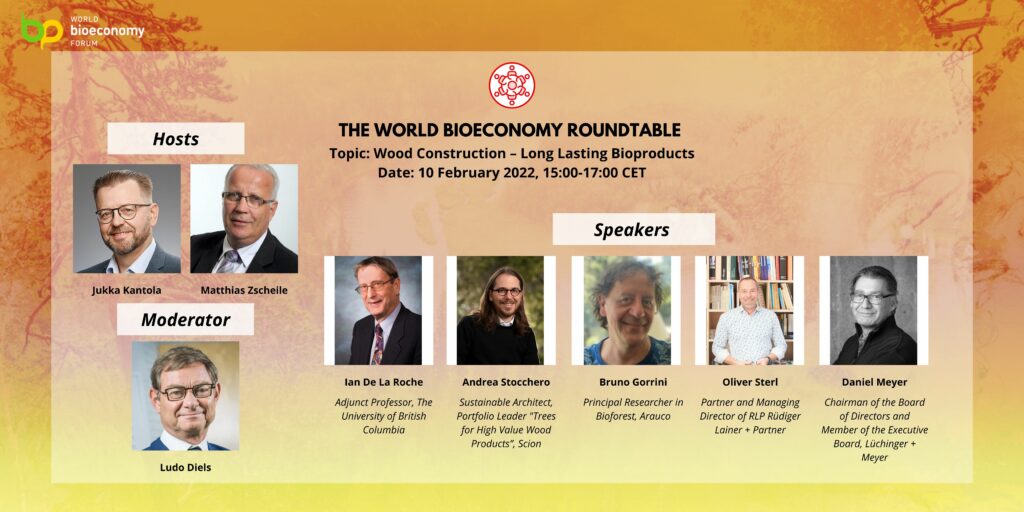The World BioEconomy Forum opens its 2022 season on 10 February, with its first Roundtable on the subject of Bioproducts around us and more precisely “Long lasting bioproducts – Wood Construction”. As always, the Roundtable is being held online and focuses on one of the Forum’s Four-Pillar Structures.
Ever since the industrial revolution, global GHG emissions have been steadily increasing. In 2020, carbon emissions reached 31.5 Gt CO2. Notable exceptions to this increasing trend in the last twenty years are after the financial crisis in 2009 (-1.3%) and during the covid pandemic in 2020 (-5.8%), but both reductions were due to significant but temporary global crises and their reducing effect was short-lived. According to the IEA Global Energy Review, carbon emissions are projected to reach 33 Gt CO2 in 2021 (IEA, 2021). This increase is expected to rise in the near future, with large carbon contributing countries not yet having reached their peak.
Considering all of the above, it is clear that global carbon emissions need to be reduced drastically, as soon as possible. Additionally, if the 1.5°C/2.0°C is to be reached, carbon that has already made its way into the atmosphere will need to be captured and stored. Afforestation and reforestation use the biochemical process of photosynthesis to capture and store carbon in woody structures by planting or replanting forests. This can only be obtained if forests are managed in a sustainable manner taking into account biodiversity (ecological value and water management value) on the one hand and the economic aspects of the forestry business (selling of tree-based chemicals and materials) on the other. Indeed, the use of forest-based chemicals/materials/products is important to allow the good management of forests in the future.
Jukka Kantola emphasises, “Within the World BioEconomy Forum we think it is essential to incorporate bioeconomy and bioproducts in the choice of ways to mitigate climate change. For the time being that link has not been acknowledged – at least not at policy level. We’d like to remind policymakers of the role of bioproducts in superseding fossil-based alternatives and thus providing additional tools to combat climate change. We will be focusing on these topics throughout the 2022 season.”
“Wood construction is a good example of a long-lasting bioproduct. That’s why we have chosen the subject as a case study for the Roundtable on 10 February.” says Ludo Diels, who is moderating the session. “We will gather top experts from all over the world to share their insights on this ever-increasing topic and you are all welcome to join in discussing the challenge.”
The Roundtable panellists will present a global view on wood construction from four continents and includes:
- Ian Delaroche Adjunct Professor, The University of British Columbia
- Andrea Stocchero, Sustainable Architect,
Portfolio Leader “Trees for High Value Wood Products” Scion - Bruno Gorrini, Principal Researcher in Bioforest, Arauco
- Oliver Sterl, RLP Rüdiger Lainer + Partners
- Daniel Meyer, Chairman of the Board of Directors
and Member of the Executive Board, Lüchinger + Meyer
All panellists have solid views on the latest developments within wood construction and their role in mitigating climate change. The panelists will give an overview of the exciting potential of wood-based constructions, the added value of wood-based chemicals for engineered wood and the healthy life conditions of wood-based housings. In the panel discussion topics such as the availability of wood for this new endeavour, wood as a carbon sink, policy issues, contribution to circularity, and challenges for other applications will be discussed.
“Annual wood consumption totals 4 billion m3 globally, with over half of it burned in households. We are exploring ways to enhance long lasting wood applications such as wood construction,” says Matthias Zscheile, who is co-hosting the Roundtable with Jukka Kantola.
The full programme and registration for the World Bioeconomy Roundtable can be viewed by visiting
https://wcbef.com/events/upcoming-events/world-bioeconomy-roundtables/
https://www.youtube.com/watch?v=g9SF7ync6Q8
More information
info@wcbef.com
Jukka Kantola
Founder
+358 40 552 8880
Ludo Diels
Member of the Advisory Board
+32 477 62 23 04
Matthias Zscheile
Director, Membership Programmes
+49 171 1219644



